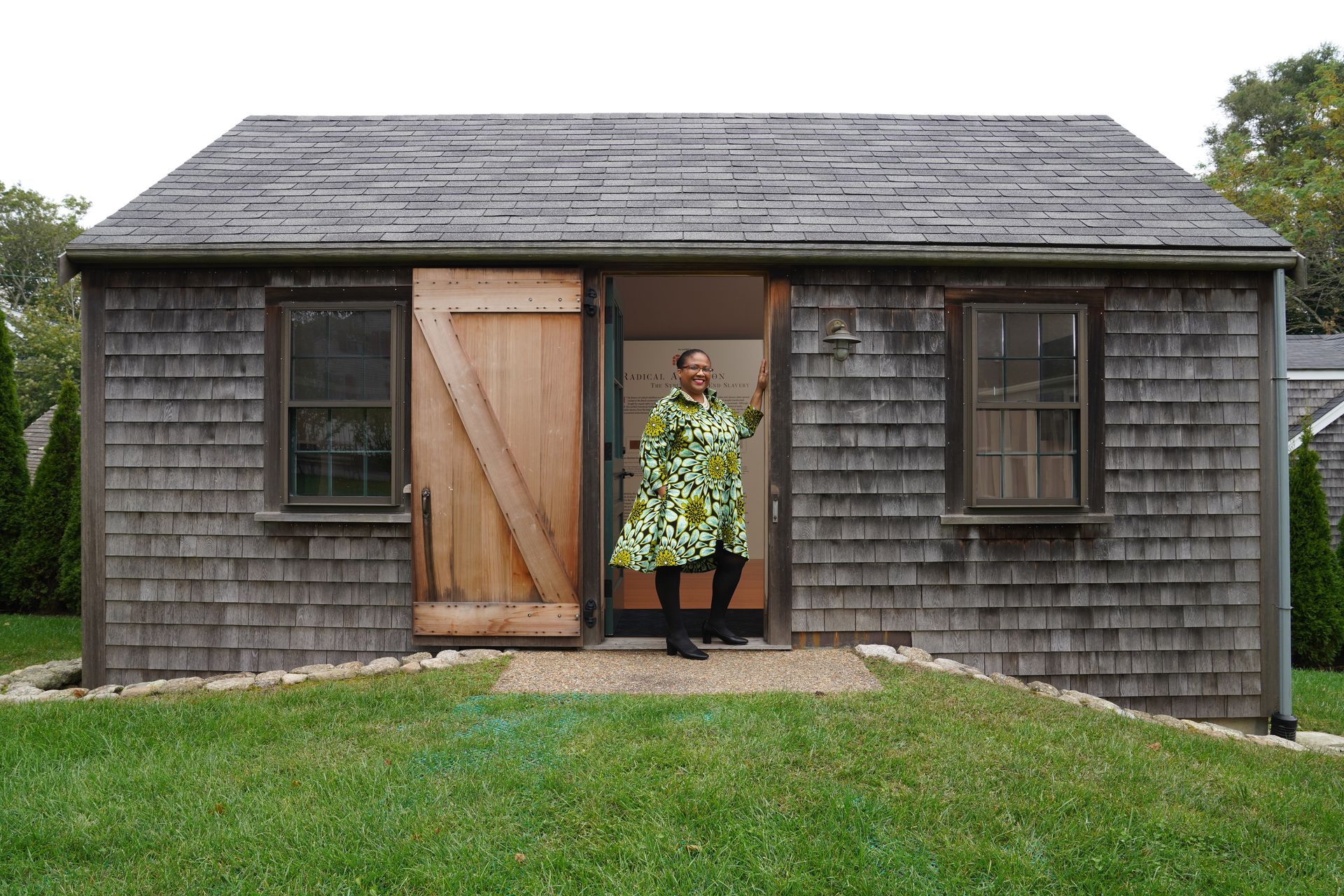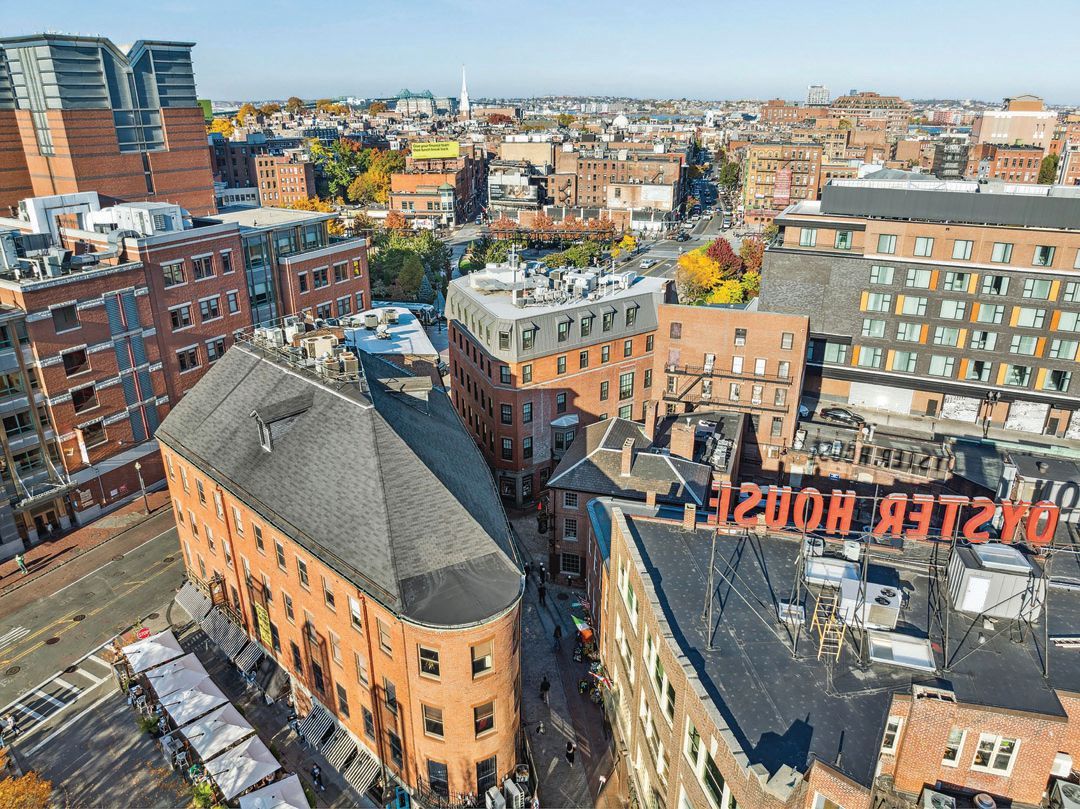When Federal Cuts Hit Nantucket
Island Nonprofits Face Federal Funding Cuts
Written by Stacey Marcus
Photography by Kit Noble
Noelle Trent learned the federal funding for the African Meeting House was drying up in a letter from the federal Institute of Museum and Library Services, stating the museum’s work was “no longer consistent with the agency’s priorities and no longer serves the interest of the United States and the IMLS program.” The $500,000 grant the agency had awarded the Museum of African American History—which owns the African Meeting House—would not be coming through. Trent, the president and CEO of the Museum of African American History, had a simple message: “We refuse to be erased.”
Nantucket may be an island, but it is not insulated from the effects of federal funding freezes and cutbacks. A number of island nonprofits are now facing difficult decisions such as scaling back programming or laying off staff. “If cuts are deep, they can affect the history, arts, open spaces, the environment, dog rescue programs, and so much more,” said Sunny Daily, executive director of the Community Foundation for Nantucket. “In the big picture, we could lose what makes Nantucket special. What can we collectively do? We’re an island, and we need to do our best to be a strong community.”
Federal funding cuts—and the risk of additional cuts—under the Trump administration have hit several island nonprofits. Alicia Carney, executive director of the Dreamland, said the theater has had to scale back some of its programming this year. At the Maria Mitchell Association, funding for its astronomy internship program, which is supported by a grant from the National Science Foundation, has remained for 2025, but is uncertain for 2026, according to executive director Joanna Roche. Nantucket Public Schools are also facing funding cuts to its English Language Learner program, according to Superintendent Beth Hallett.
The Nantucket Historical Association, which does not currently rely on federal funding, had planned to apply for a federal grant this fall for work related to archival and historical photograph collections, though that grant is now off the table. “We’re in a fortunate position that we are not relying on government funding for operations and special projects,” NHA executive director Niles Parker said. “We are thinking creatively and are diversifying revenue streams to create the widest path possible to secure funds.” He noted that it is hard to know how much of an impact the funding cuts will have on charitable giving, “as there is so much we don’t know. We want to remain open, aware and a flexible partner with fellow organizations.”
Facing the potential of additional funding cuts, the Community Foundation for Nantucket is now working on a baseline study on island nonprofits to assess their reliance on federal funding. Daily noted that $1 million is being awarded through the Community Foundation’s Nantucket Fund, which includes $300,000 in grant funding, to island nonprofits. So far, those grants have been awarded to the Food Pantry, Fairwinds and to the Nantucket Boys & Girls Club, the latter to help offset preschool tuition costs for income-eligible families who would have received assistance through the state voucher program had it not been frozen this year.
At the African Meeting House, the MAAH has since launched a $10 million capital campaign to develop new exhibits, enhanced engagement with schools and facility improvements. Private donors, as well as family and corporate foundations, have pledged $3.5 million to that fund. Still, the federal funding cuts have created a policy vertigo. “It’s a lot to keep track of,” Trent said. “We are successful when the community is behind us.”







